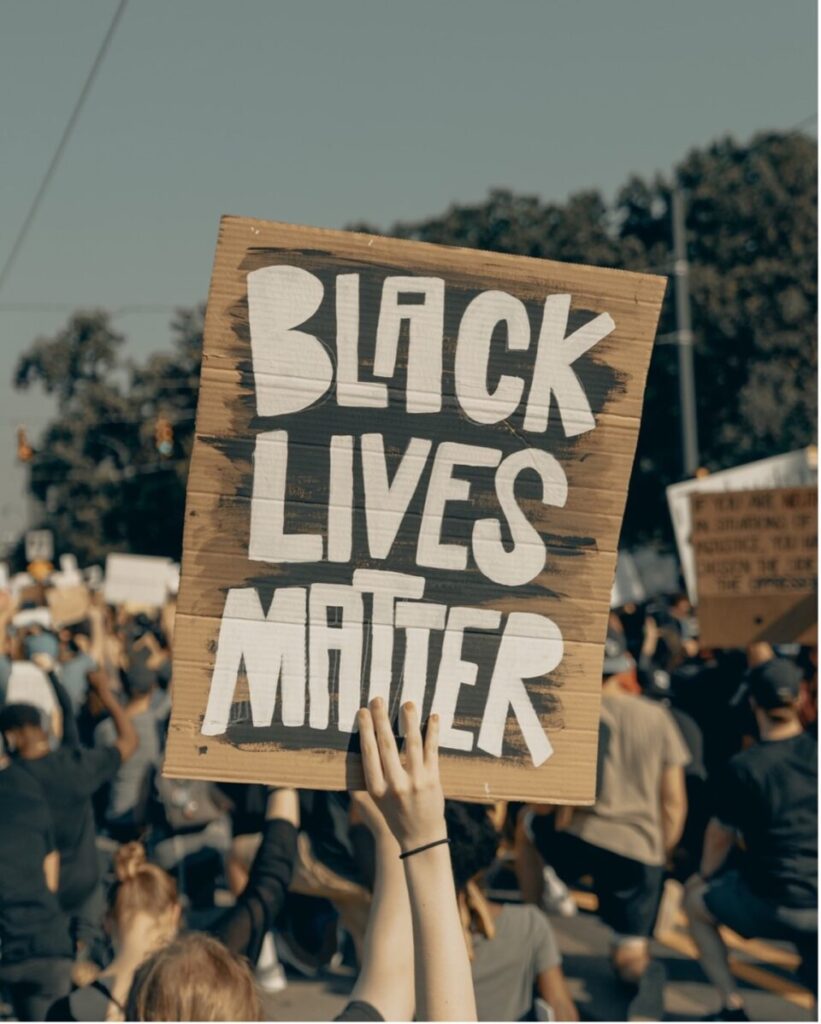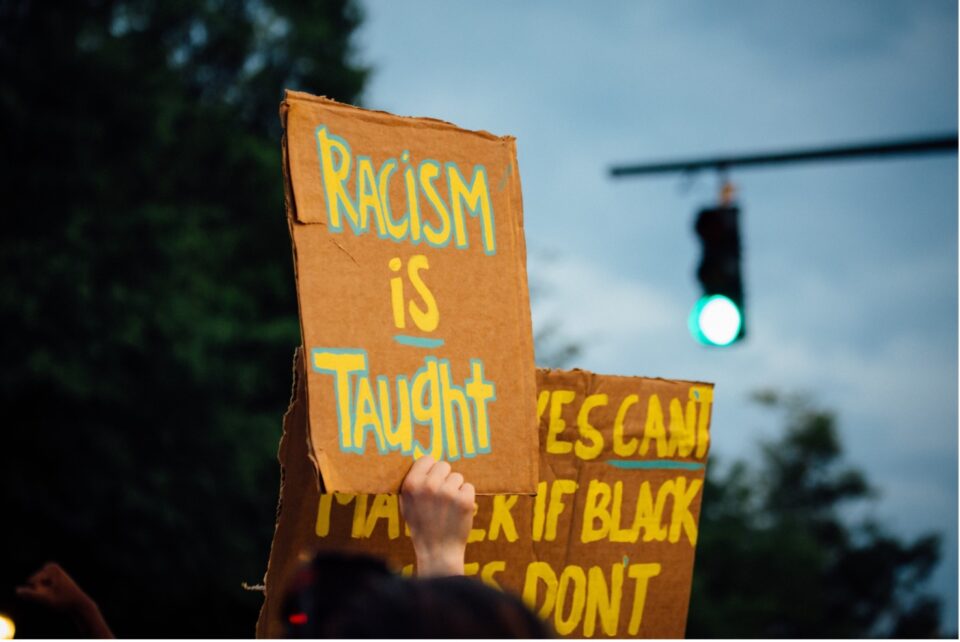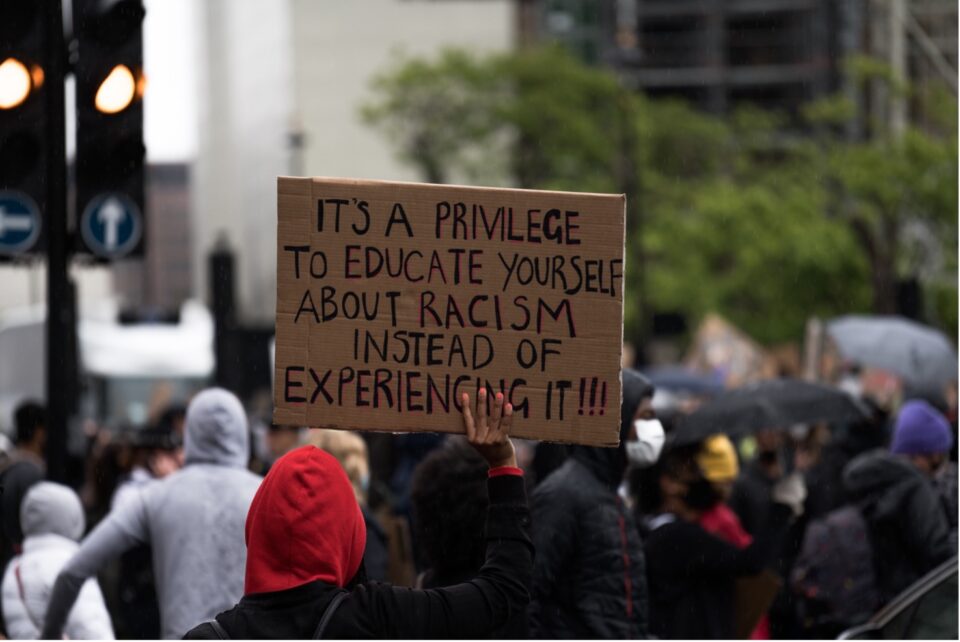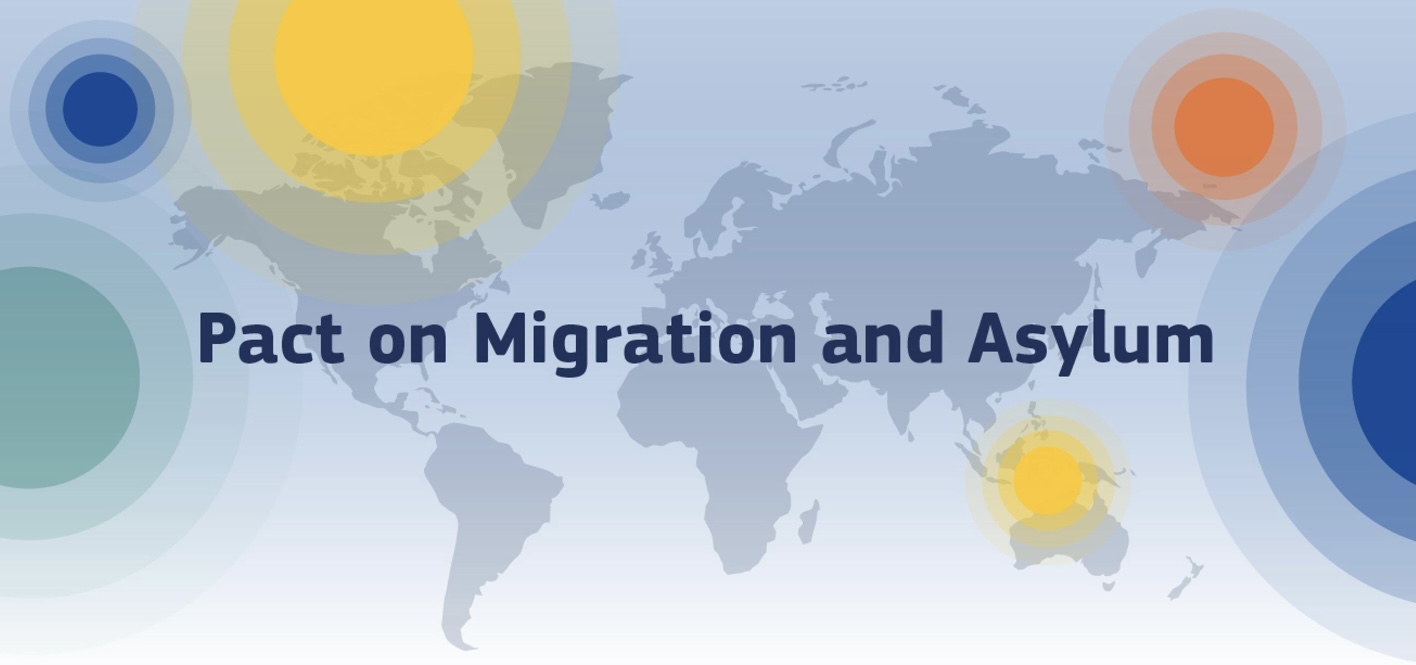Afrophobia in Europe
Laura Maschio
As was thoroughly explained in the previous articles of this series, discrimination is unfortunately still a persistent reality in Europe up to this date. One of the most racialized and marginalized groups in European societies are people of African descent and black Europeans, that every day face systemic discrimination and racial bias in various aspects of their lives. This article, the sixth and second-to-last of the series, will focus on Afrophobia, a specific form of racism that leads to the exclusion and dehumanization of people of African descent.

Clay Banks / Unsplash
Today, there are an estimated 15 million people of African descent and Black Europeans living in Europe. Not only do these people face prejudice, abuse, hate speech, and discrimination in their access to education and job market, but they are also particularly exposed to racial profiling and police violence. Suffice it to think about France, that is currently roiled by protests after a police officer shot and killed a teenager in the Paris suburb of Nanterre, or about the Black Lives Matter demonstrations after the killing of George Floyd in the United States in 2020.
Legal framework
European countries have enacted a number of legal measures to protect individuals from unfair treatment based on their race or ethnicity. The European Union’s Racial Equality Directive (2000/43/EC) prohibits discrimination in various areas, such as employment, education, and access to goods and services. The Framework Decision on Racism and Xenophobia (2008/913/JHA) focuses on racist crime and speech. Article 21(1) of the Charter of Fundamental Rights of the EU prohibits discrimination based on any ground. However, despite the existence of anti-discrimination legislation, challenges persist in its implementation and enforcement, leading to a gap between policy and practice.
Moreover, there is currently no EU or national policy specifically aiming at combating racism and discrimination against people of African descent and Black Europeans. In addition, the intersectionality of race and other traits, such as gender or socio-economic status, can further compound the challenges faced by Afro-descendants, making specific policies even more necessary.

James Eades / Unsplash
Discrimination faced by Afro-descendants in Europe
Despite the existence of anti-discrimination legislation at EU level, Afrophobia in Europe is sadly still a harsh reality. Discrimination is prevalent in employment, with higher unemployment rates and obstacles to career progress: in Finland, unemployment rates are three times higher for people of African origin compared to the national average.
But discrimination against Afro-descendants is embedded in the whole social structure in Europe: black Europeans are severely underrepresented in politics and public life; they are at least six times more likely to be stopped and searched than white people in the United Kingdom; there is widespread evidence of discrimination within housing, with landlords refusing Black people or requiring higher rents. In 2014, 17% of all hate crimes in Sweden targeted Black people.[1] In Belgium, there is a significant gap between the national average employment rate (66%) and that of people of African descent (39.7%).[2]
The current levels of concern with migration in Europe are also very likely to be fueling the racist movements and sentiments across Europe: black migrants, refugees, and asylum seekers have unfortunately been suffering an increase in violent hatred and discrimination.
Addressing Afrophobia: what should be done
The European Network Against Racism (ENAR) has been long calling for specific policies to address Afrophobia and promote the inclusion of people of African descent and Black Europeans. According to the ENAR, the European Framework for National Roma Integration Strategies (NRIS) adopted by EU Member States in 2011 could serve as a means to develop targeted strategies to counter the racial discrimination that Black people face in European society. The NRIS, indeed, provides a policy framework for Member States to address discrimination faced by the Roma community, serving as a crucial mechanism to improve the situation of a specific minority group. Without a targeted policy aimed at tackling racial inequalities for Black people, there is little chance that national governments will act accordingly.

Michael / Pexels
Discrimination against Afro-descendants in Europe remains a significant challenge, despite the presence of anti-discrimination legislation. The road to achieving equality and social justice requires concerted efforts from governments, institutions, civil society, and individuals. By raising awareness, strengthening implementation, and fostering inclusivity, Europe can move closer to a future where Afro-descendants and other marginalized groups are free from discrimination and can fully participate in all aspects of society.
[1] https://www.enar-eu.org/about/afrophobia/
[2] https://ec.europa.eu/migrant-integration/library-document/afrophobia-belgium_en




